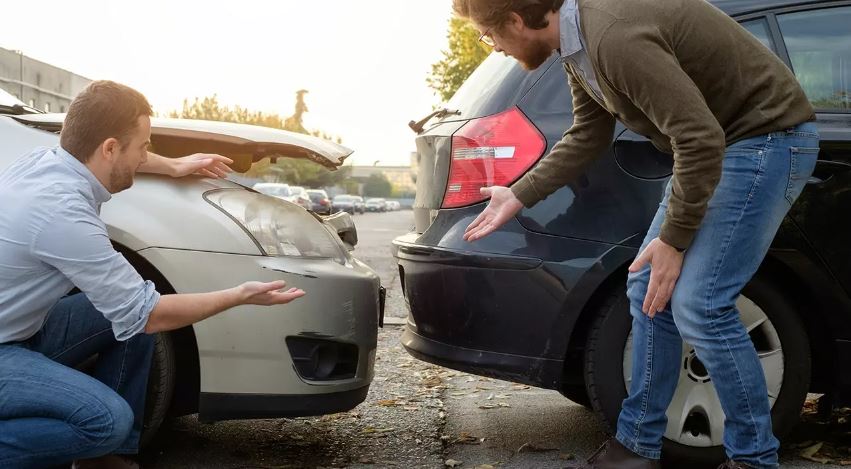Car insurance is a vital aspect of owning and driving a vehicle. It’s not just an optional add-on but a legal requirement in most places.
Understanding why car insurance is mandatory can help drivers appreciate its importance and adhere to the regulations set forth by authorities.
Driving comes with inherent risks, whether it’s navigating busy city streets or cruising along highways. While most drivers take precautions to minimize these risks, accidents can still happen unexpectedly.
Car insurance serves as a safety net, providing financial protection in case of accidents, theft, or other unforeseen events.

Understanding Car Insurance
What is Car Insurance?
Car insurance is a contract between an individual and an insurance company. In exchange for a premium, the insurer agrees to provide financial protection against specified losses related to the insured vehicle.
Types of Car Insurance
There are several types of car insurance coverage available, including:
- Liability Coverage: Covers damages to other people’s property or injuries they sustain in an accident where the insured driver is at fault.
- Collision Coverage: Pays for damages to the insured vehicle in the event of a collision with another vehicle or object.
- Comprehensive Coverage: Provides coverage for damages not caused by a collision, such as theft, vandalism, or natural disasters.
The Importance of Car Insurance
Legal Requirement
One of the primary reasons car insurance is mandatory is because it’s a legal requirement in most jurisdictions. Driving without insurance is illegal and can result in severe penalties, including fines, license suspension, or even imprisonment in some cases.
Financial Protection
Car insurance offers financial protection to both drivers and third parties involved in accidents. Without insurance, individuals would be responsible for covering the costs of damages out of pocket, which could be financially devastating.
Safety Net for Accidents
Accidents happen, regardless of how cautious a driver may be. Car insurance serves as a safety net, providing peace of mind knowing that financial assistance is available in the event of an accident, whether it’s repairing or replacing a damaged vehicle or covering medical expenses for injuries sustained.
Risks of Driving Without Insurance
Legal Consequences
Driving without insurance not only puts individuals at financial risk but also legal risk. If caught driving uninsured, drivers may face fines, license suspension, vehicle impoundment, or even legal action.
Financial Risks
Without insurance, individuals are personally liable for any damages or injuries they cause in an accident. This can result in significant financial burden, including paying for medical bills, vehicle repairs, or legal fees out of pocket.
Factors Influencing Mandatory Car Insurance
Public Safety Concerns
Mandatory car insurance laws are designed to promote public safety by ensuring that all drivers have financial responsibility for any damages they may cause. This helps protect innocent victims from bearing the financial burden of someone else’s negligence.
Economic Impact
Car accidents can have far-reaching economic consequences, including property damage, medical expenses, and lost productivity. Mandatory car insurance helps mitigate these costs by spreading the financial risk among all drivers.
Conclusion
Car insurance is mandatory for several reasons, including legal requirements, financial protection, and promoting public safety. Driving without insurance not only puts individuals at risk but also poses potential financial and legal consequences. By understanding the importance of car insurance, drivers can ensure they comply with the law and protect themselves and others on the road.
FAQs
Is car insurance mandatory in every state?
Car insurance requirements vary by state, but most states require drivers to carry a minimum amount of liability coverage.
What happens if I drive without insurance?
Driving without insurance can result in fines, license suspension, vehicle impoundment, or even legal action, depending on the jurisdiction.
Can I get car insurance if I have a poor driving record?
Yes, although it may be more expensive, drivers with a poor driving record can still obtain car insurance coverage.
Does car insurance cover theft or vandalism?
Comprehensive coverage typically covers theft, vandalism, and other non-collision-related damages to a vehicle.
Are there any exceptions to mandatory car insurance requirements?
Some states may offer exceptions for certain types of vehicles, such as antique cars or vehicles used exclusively for off-road purposes.


